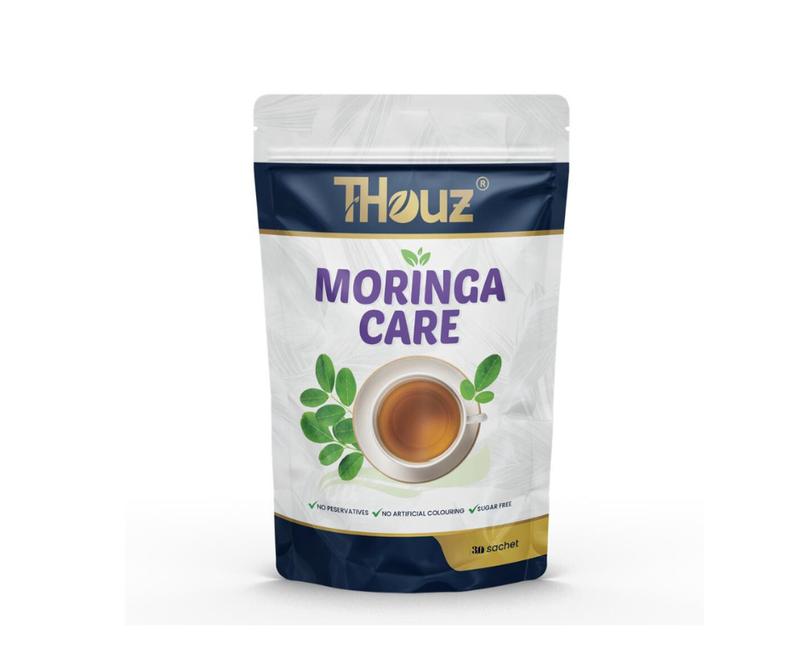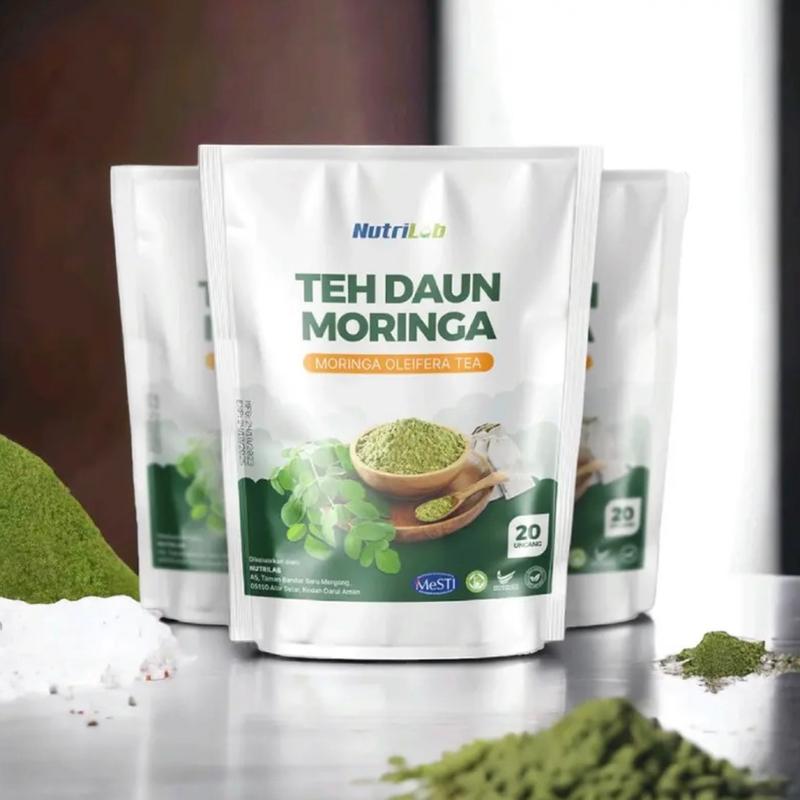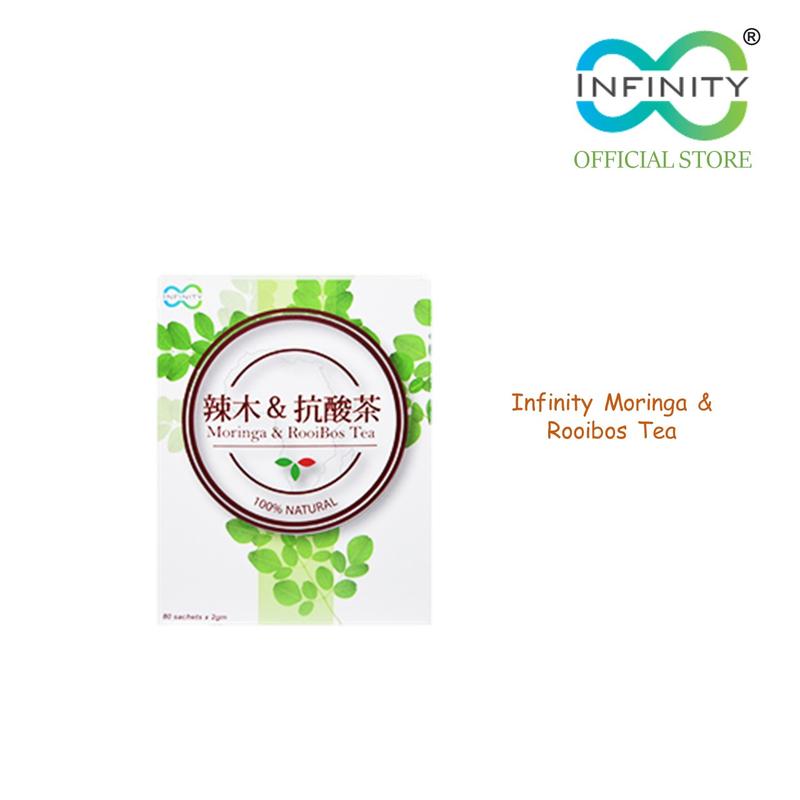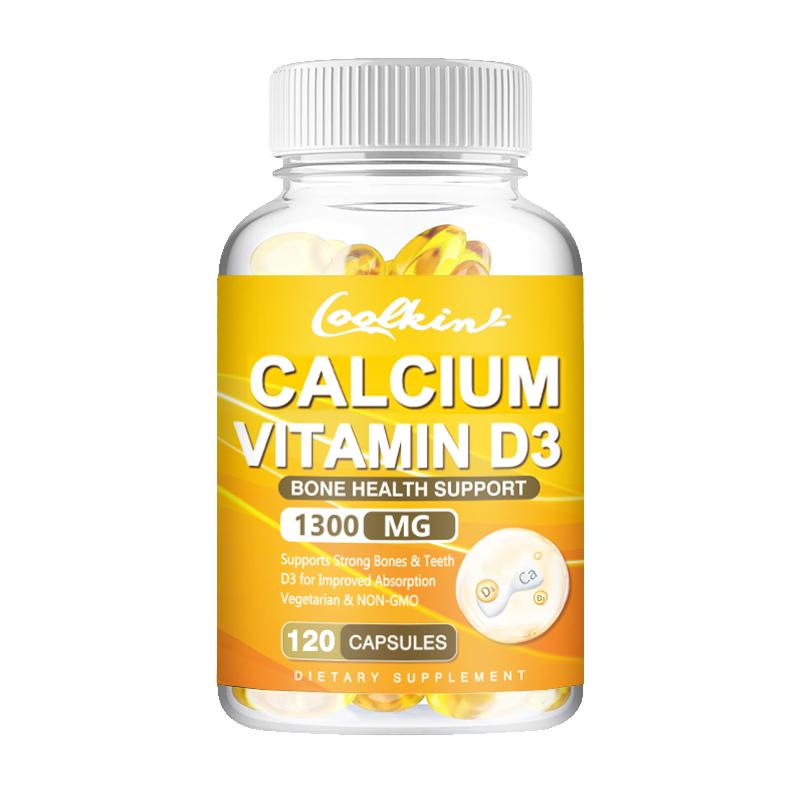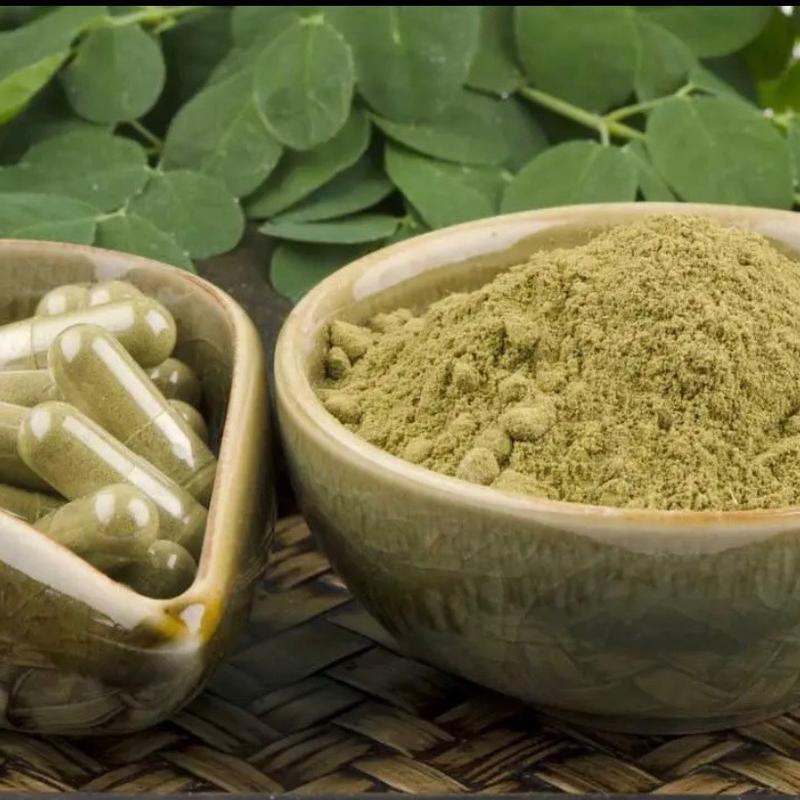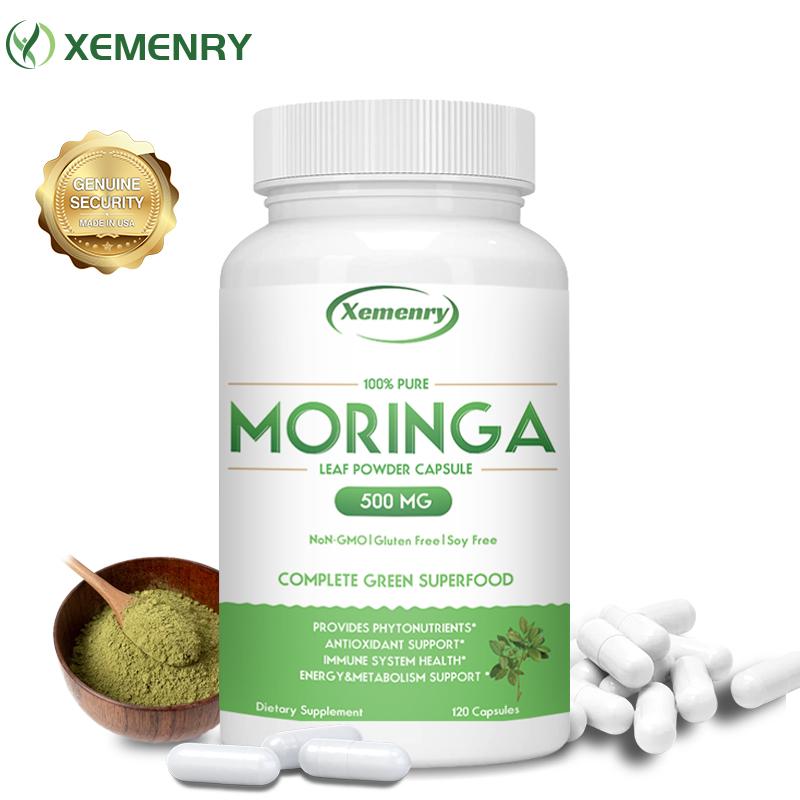Introduction:
Recently, I obtained a small moringa tree from my friend Tuan Hj Saiful , who shared its various health benefits, such as regulating sugar levels and lowering blood pressure. Intrigued by his insights, I delved into research and was amazed by the wealth of information surrounding moringa's nutritional value and potential health-promoting properties. In this blog post, let's embark on a journey to uncover the wonders of moringa and explore how integrating it into our diets can enhance overall well-being.
The Nutritional Powerhouse:
Moringa, also known as the "miracle tree" or "drumstick tree," is native to tropical and subtropical regions and has been revered for centuries for its medicinal properties. One of the most remarkable aspects of moringa is its exceptional nutritional profile. Rich in vitamins, minerals, and antioxidants, every part of the moringa tree, from its leaves to its seeds and pods, offers valuable nutrients that support optimal health.
1. Moringa Leaves: A Nutrient-Dense Superfood:

Foliage of Moringa oleifera Credit : Wikipedia
Moringa leaves are packed with essential vitamins and minerals, including vitamin A, vitamin C, calcium, iron, and potassium.
Research suggests that moringa leaves may have potent antioxidant properties, helping to combat oxidative stress and inflammation in the body.
Studies have also indicated that moringa leaves contain bioactive compounds with potential anti-inflammatory, antimicrobial, and anticancer effects.
Google Search: Learn more about the nutritional composition of moringa leaves.
2. Moringa Seeds: Source of Plant-Based Protein and Healthy Fats:

Moringa pollen Credit : Wikipedia
Moringa seeds are a rich source of plant-based protein, containing all nine essential amino acids necessary for human health.
Additionally, moringa seeds are high in healthy fats, including omega-3 and omega-6 fatty acids, which support heart health and brain function.
Preliminary research suggests that moringa seeds may possess cholesterol-lowering and anti-inflammatory properties, contributing to overall cardiovascular health.
Google Search: Explore the potential health benefits of moringa seeds.
3. Moringa Pods: Nutrient-Rich Addition to Culinary Creations:
Pods of Moringa Credit : Wikipedia
Moringa pods, also known as drumsticks, are commonly used in traditional cuisines for their unique flavor and nutritional benefits.
These pods are an excellent source of vitamin C, vitamin K, and dietary fiber, promoting digestive health and immune function.
Incorporating moringa pods into your diet adds a delicious and nutritious twist to soups, stews, curries, and stir-fries.
Google Search: Discover delicious recipes featuring moringa pods.
Making Use of Your Moringa Tree:
Certainly! If you have a moringa tree planted in your garden or pot, there are several ways you can make use of it as a supplement:
1. Harvesting Leaves: Moringa leaves are the most commonly used part of the plant for supplementation. You can harvest the leaves when they are young and tender, as they contain the highest concentration of nutrients.
2. Drying Leaves: After harvesting, you can dry the moringa leaves to preserve them for long-term use. Spread the leaves out in a well-ventilated area away from direct sunlight until they are completely dry. Once dried, you can store them in an airtight container for later use.
3. Making Powder: Dried moringa leaves can be ground into a fine powder using a mortar and pestle or a blender. This moringa powder can then be added to smoothies, juices, or other beverages for an extra nutritional boost.
4. Brewing Tea: Moringa leaves can also be steeped in hot water to make a nutritious tea. Simply add dried moringa leaves to a cup of hot water and let them steep for a few minutes before straining. You can enjoy moringa tea on its own or with a bit of honey or lemon for added flavor.
5. Adding to Food: Fresh or dried moringa leaves can be added to a variety of dishes for extra nutrition. Consider incorporating them into soups, salads, stir-fries, or omelets to boost the nutritional content of your meals.
When making use of moringa as a supplement, it's essential to consult reputable sources for guidance on dosage and potential interactions with medications. While moringa is generally considered safe for most people when consumed in moderation, it's always a good idea to exercise caution and seek advice from a healthcare professional if you have any concerns. Additionally, purchasing moringa supplements from reputable sources ensures quality and safety.
In Conclusion:
As I continue to nurture my moringa tree, I'm inspired by the wealth of health benefits it offers and the potential it holds to enrich our lives. From its nutrient-dense leaves to its protein-rich seeds and flavorful pods, moringa is truly a gift from nature that deserves our attention and appreciation. Whether consumed fresh, dried, or in supplement form, incorporating moringa into our diets can be a simple yet impactful way to support overall health and well-being.
Are you ready to unlock the power of moringa and experience its transformative effects firsthand? Join me on this journey of discovery as we harness the nutritional potency of moringa and reap the countless benefits it has to offer.
Shop high-quality moringa products to start your moringa journey today!











